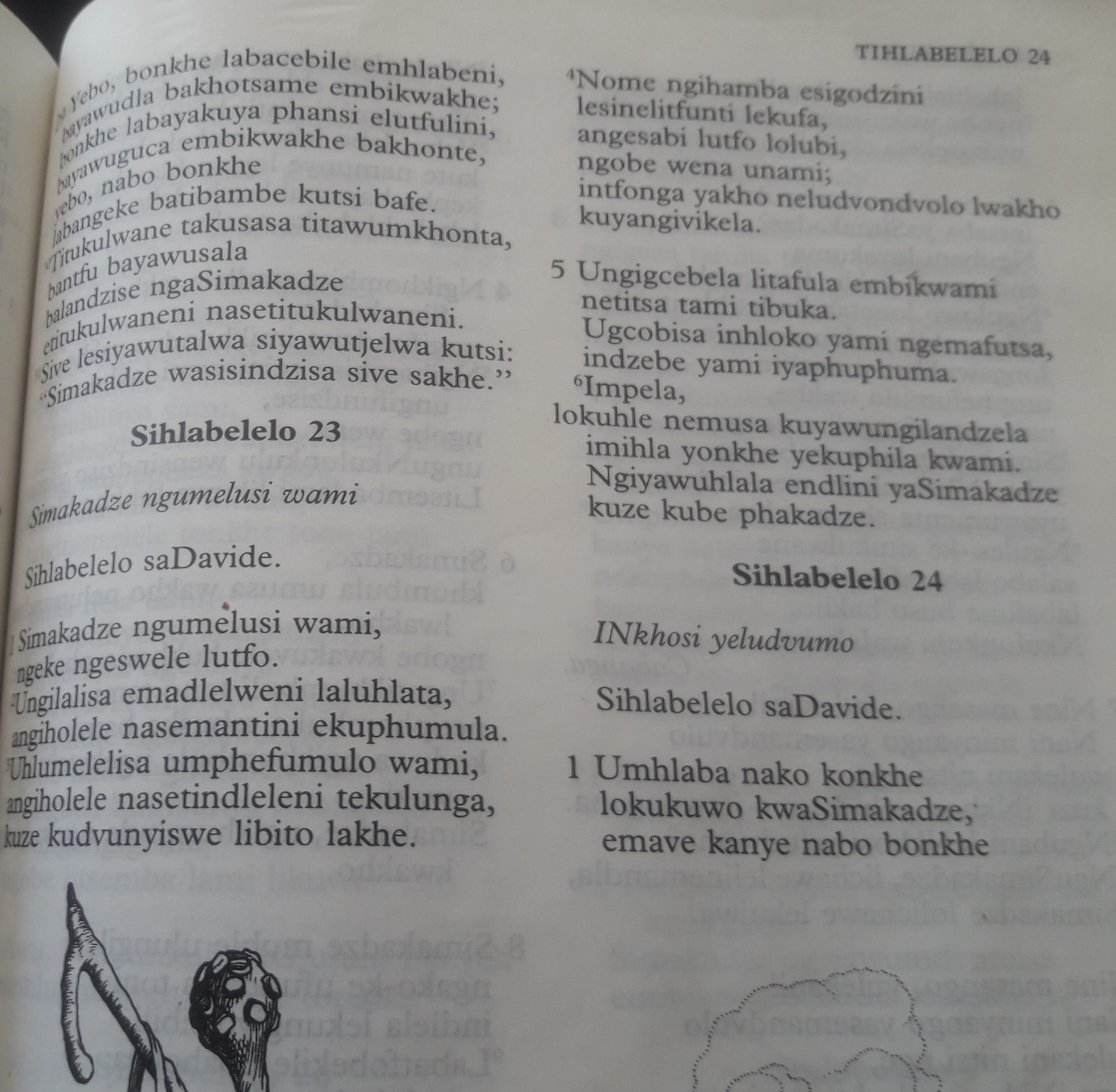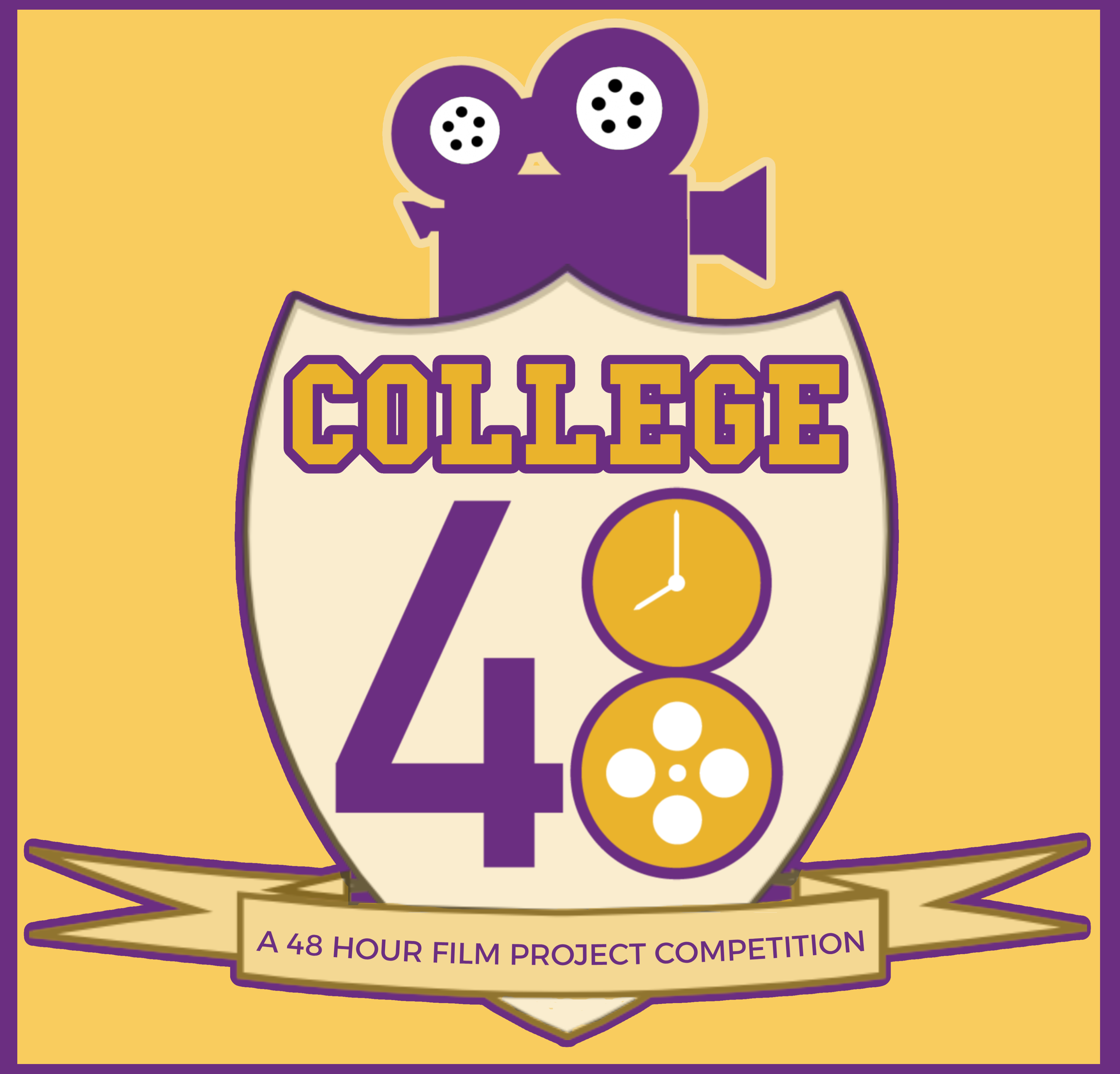Eswatini 1
Listen to Eswatini 1, a 68-year-old woman from Mbabane, Eswatini (formerly known as Swaziland), who has also spent considerable time in South Africa. Click or tap the triangle-shaped play button to hear the subject.
Both as a courtesy and to comply with copyright law, please remember to credit IDEA for direct or indirect use of samples. IDEA is a free resource; please consider supporting us.
BIOGRAPHICAL INFORMATION
AGE: 68
DATE OF BIRTH (DD/MM/YYYY): 01/07/1952
PLACE OF BIRTH: Mbabane, Eswatini
GENDER: female
ETHNICITY: African
OCCUPATION: retired professor
EDUCATION: Ph.D
AREAS OF RESIDENCE OUTSIDE REPRESENTATIVE REGION FOR LONGER THAN SIX MONTHS:
The subject spent three years of her youth in South Africa and was living there again at the time of this recording. She has also lived in Alberta, Canada; and in Illinois, United States.
OTHER INFLUENCES ON SPEECH:
Her lifelong profession of linguist with an international career has undoubtedly shaped her speech enormously.
The text used in our recordings of scripted speech can be found by clicking here.
RECORDED BY: Paul Meier
DATE OF RECORDING (DD/MM/YYYY): 27/09/2020
PHONETIC TRANSCRIPTION OF SCRIPTED SPEECH: N/A
TRANSCRIBED BY: N/A
DATE OF TRANSCRIPTION (DD/MM/YYYY): N/A
ORTHOGRAPHIC TRANSCRIPTION OF UNSCRIPTED SPEECH:
I was born in Swaziland, in the capital city named Mbabane. Er, I was the first of eight children. My mum was a nurse and my dad a teacher. So I grew up speaking Siswati. Because my first grade had to be in South Africa because my mum had to finish her school, training as a nurse. So I grew up with my, my aunt. Then I did some three years of my first grade in South Africa. And, er, learned a little bit of Afrikaans at that level. Er, no English at that level, and a little bit of IsiZulu. I was learning mathematics in IsiZulu and everything else in Afrikaans. So when time came for me to go to higher primary, my parents thought I should go back to Swaziland, so I did that, and struggled a little bit with the school system being different. Then, er, the higher grades I had to switch from Afrikaans to English, which was not very easy. But I coped. That’s when I grew up, and, er, all my life I have, er, studied, erm, and English and African languages, um, and taught two years in high school; and the rest of my teaching career was in higher education, a few universities, studying at the University of Swaziland. Um, took off for two years earlier in that period to go and study linguistics in, in Canada; I was in Calgary in Alberta, Canada; spent two years there studying linguistics, came back home, and felt that I needed to expand my territory, so I applied to the University of Zululand, and they took me and gave me a senior lectureship, and I continued to teach African languages and literature.
[The subject speaks in Siswati]: Uphi Make [úphí màgǝ]: Where is Mother? Indvodza yami iyashinga [indvōdžɑ yamî íyàšíŋà]: My husband is silly.I am going to recite to you, Paul, the 23rd Psalm in Siswati. And this is the heading. [The subject then recites part of the 23rd Psalm in Siswati. See below for an image of the text the subject provided from her Siswati Bible.]

TRANSCRIBED BY: Paul Meier
DATE OF TRANSCRIPTION (DD/MM/YYYY): 03/11/2020
PHONETIC TRANSCRIPTION OF UNSCRIPTED SPEECH: N/A
TRANSCRIBED BY: N/A
DATE OF TRANSCRIPTION (DD/MM/YYYY): N/A
SCHOLARLY COMMENTARY:
This subject is Professor Joyce Sukumane (who has waived her right to the anonymity promised to IDEA subjects). She was a guest on my In a Manner of Spaeking podcast, on the “Voices of Africa” episode in October 2020.
Her pronunciation of lexical sets NURSE, START, NORTH, FOOT, and SQUARE will be of interest.
Notice the lack of schwa in unstressed syllables in polysyllabic words like “animal,” and how her syllable-timed rhythm produces vowels of more nearly equal length than in American and British English.
I believe I heard her say “lickle” for “little,” a pronunciation I had encountered in Jamaican speech.
The subject herself provided the phonetic transcription of the three brief Siswati sentences in the unscripted speech.
COMMENTARY BY: Paul Meier
DATE OF COMMENTARY (DD/MM/YYYY): 03/11/2020
The archive provides:
- Recordings of accent/dialect speakers from the region you select.
- Text of the speakers’ biographical details.
- Scholarly commentary and analysis in some cases.
- In most cases, an orthographic transcription of the speakers’ unscripted speech. In a small number of cases, you will also find a narrow phonetic transcription of the sample (see Phonetic Transcriptions for a complete list). The recordings average four minutes in length and feature both the reading of one of two standard passages, and some unscripted speech. The two passages are Comma Gets a Cure (currently our standard passage) and The Rainbow Passage (used in our earliest recordings).
For instructional materials or coaching in the accents and dialects represented here, please go to Other Dialect Services.
 IDEA: International Dialects of English Archive
IDEA: International Dialects of English Archive





